I'm trying to design a system in an event-driven architecture style, trying also to expose REST API to send commands/queries. I decided to use Kafka as a message broker.
The choreography I'm trying to design is the following:

The part that is very obscure to me is how to implement event joins:
- billing-service should start creating the user only when it receives the user creation event (1) and the account has been created (2)
- api-gateway should return the result to the client only when both account and billing service have finished their processing (2 and 3)
I know I could use other protocols on the client side (e.g. WebSockets) but I prefer not doing that because I will need to expose such API to 3rd party. I could also do an async client call and poll to check if the request has been completed but it appears very complex to manage. What is the suggested way of implementing such an interaction?
p.s. I'm using Spring Boot and Spring Cloud Stream.